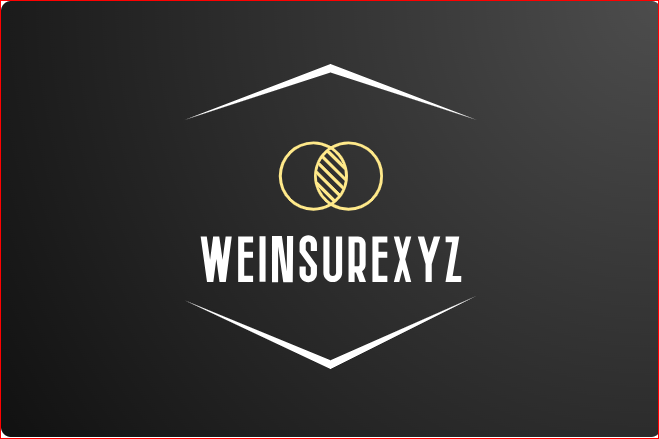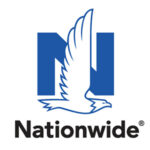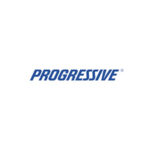Current software liability laws
As of my last update in January 2022, software liability laws can vary significantly depending on the jurisdiction and the specific circumstances involved. However, here are some general principles and trends that may be observed in various jurisdictions:
- Strict Liability: Some jurisdictions impose strict liability on software developers and vendors for defects in their products, meaning they can be held liable for damages regardless of fault or negligence.
- Negligence Standard: In other jurisdictions, liability for software defects may be determined based on principles of negligence, where the plaintiff must prove that the developer or vendor breached a duty of care owed to them and that this breach caused the damages.
- Contracts and Disclaimers: Software liability can often be limited or disclaimed through contractual agreements, such as end-user license agreements (EULAs) or terms of service. These agreements may include clauses that limit the developer’s liability or disclaim warranties regarding the software’s performance.
- Product Liability Laws: Software may be subject to product liability laws, which typically hold manufacturers or sellers liable for harm caused by defective products. However, the application of these laws to software products can be complex and may vary depending on factors such as whether the software is considered a product or a service.
- Industry Standards and Best Practices: Adherence to industry standards and best practices in software development, such as those outlined by organizations like the International Organization for Standardization (ISO) or the Institute of Electrical and Electronics Engineers (IEEE), can help mitigate liability risks by demonstrating that reasonable care was taken in the development process.
- Regulatory Compliance: In certain industries or for specific types of software (e.g., medical devices, financial systems), regulatory requirements may impose additional liability obligations on developers and vendors.
- Emerging Issues: With the increasing prevalence of software in critical infrastructure and everyday life, there is ongoing debate and development regarding appropriate liability frameworks for emerging technologies such as artificial intelligence, autonomous systems, and Internet of Things (IoT) devices.
It’s essential to consult legal experts familiar with the laws and regulations in your jurisdiction and specific industry when assessing software liability issues. Additionally, given the rapidly evolving nature of technology and the law, staying informed about developments in this area is crucial for software developers, vendors, and users alike.
Are software developers liable for defects in their software?
Many software developers and software maintenance contractors have been wondering just how responsible they are for the software they develop or maintain. The simple answer is “What does your contract say?” Many times the subcontractor who created the software will reply with “Well, I didn’t specify that in my contract.” At this point, the ball is out of their court. Depending on what details the contract contains, the developer or maintainer could be responsible for much more work than they originally anticipated.
It is always recommended that software developers and maintainers (or any independent contractor for that matter) have very specific legal documents drawn up any time they enter an engagement. These subcontractor agreements should clearly outline the entire scope of the project, who will be responsible for costs incurred outside of the scope of the contract, and how long the maintenance agreement will last after the software has been delivered.











